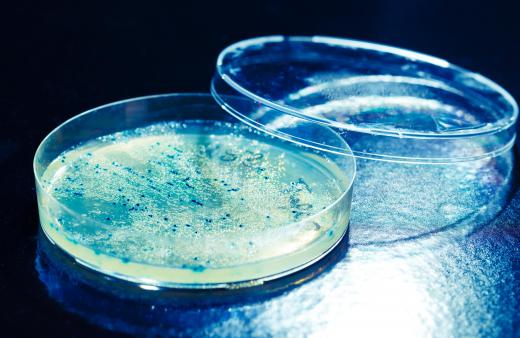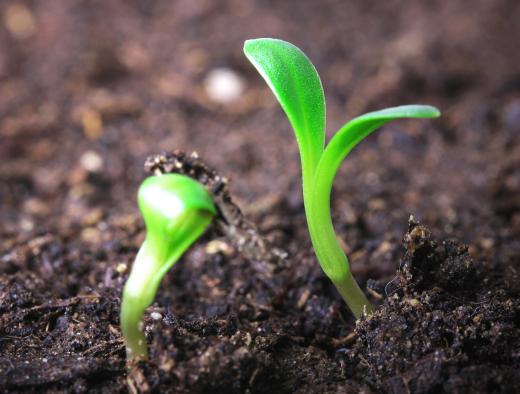What Is a Plant Tissue Culture?
Plant tissue culture is an activity that involves growing isolated parts of plants in tightly controlled sterile conditions. The technique is often used in both biotechnology and nursery contexts, and can be tailored to result in mature, clonal plants or a variety of specialized organs and tissues. When a nursery uses plant tissue culture to create many mature plants from one source, it is typically called micropropagation. Other uses for the technique include the study of particular plant tissues, creation of hybrids through protoplast fusion and growing individual cells for the valuable compounds they contain. The end results of plant tissue culture are typically dictated based on the growing media that is used and any vitamins, hormones or other compounds that are added.
The technique of plant tissue culture is based around the fact that plants are capable of being grown from various component parts. It is often possible to grow new cells or even an entire plant from components such as leaves and stems or even individual cells and protoplasts. The plant tissue is removed and then explanted into a growing environment, which differs from one situation to another. Individual cells can be grown in agar-filled culture dishes or a nutrient-rich liquid solution inside a bioreactor, while cuttings are typically grown in materials such as rock wool, vermiculite and water.

Plant tissue culture is useful in many different contexts, and nurseries often use this technique to grow a large number of identical plants for sale or other purposes. The same technique is also used in forestry to grow new seedling trees under tightly controlled environmental conditions. It can also be useful to grow individual cells in culture to test resistance to herbicides and other compounds. This can save time and money when compared to growing entire plants and then testing those. The technique is also useful to preserve endangered species of plants or to propagate hybrids that are otherwise sterile.

There are also various pharmaceutical and biotechnology uses for plant tissue culture. Some plant cells can contain valuable compounds, such as recombinant proteins, which may be harvested through the use of plant tissue culture. In this case the individual cells may be grown in a bioreactor and then treated to remove the valuable components. It is also possible to grow specific plant cells, such as callus, by using particular growing media and additive hormones. In some cases, these specific cells are grown for further study.
AS FEATURED ON:
AS FEATURED ON:












Discuss this Article
Post your comments